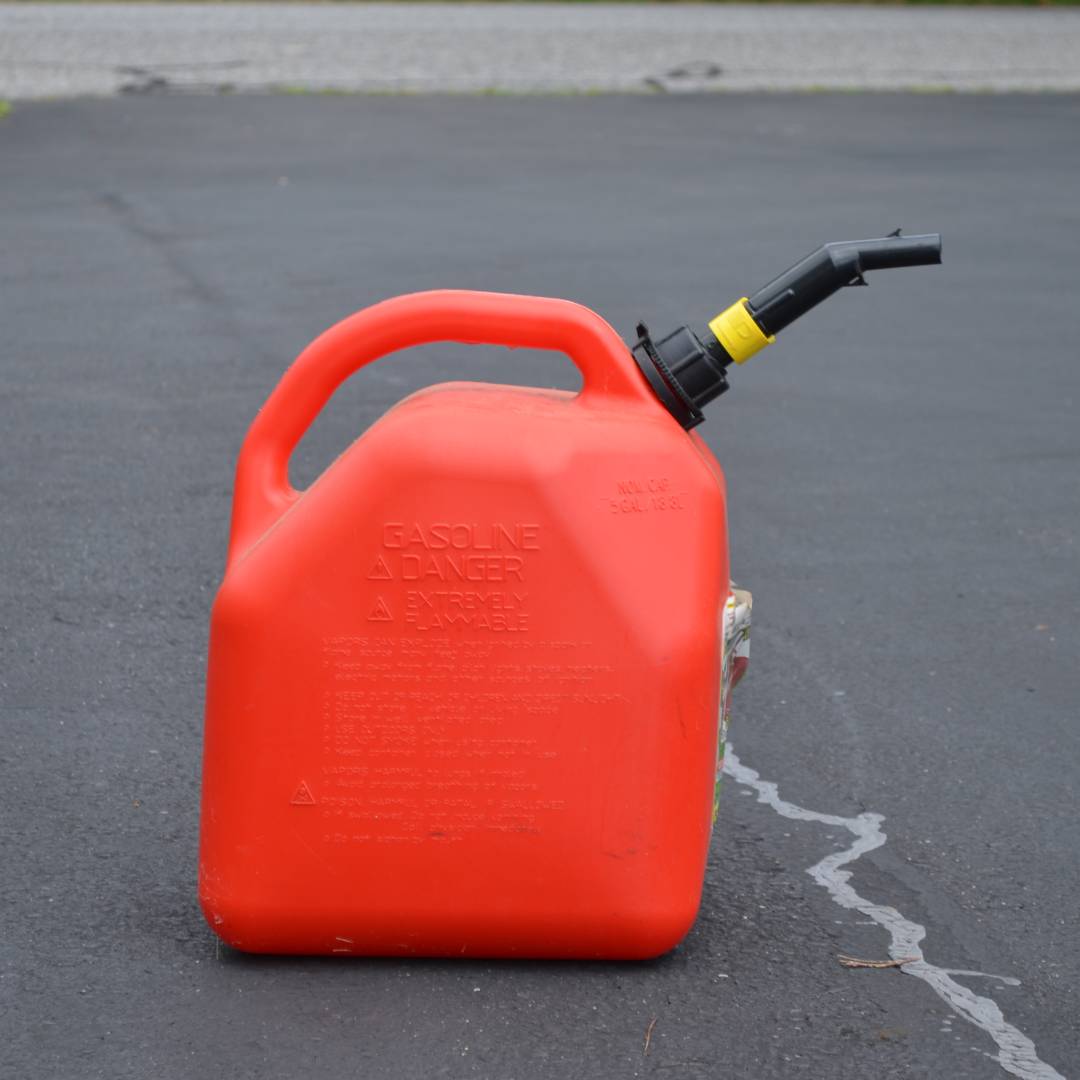Storing gas and diesel fuel at home can be useful for navigating emergencies or powering household equipment. However, safety must always come first. Improper fuel storage can lead to serious risks that can pose health dangers and environmental damage.
Taking the right precautions can protect your home and your health. This guide will walk you through the essential precautions to safely store fuel at home and prevent avoidable dangers.
Check Your Local Laws
Before storing any fuel at home, familiarize yourself with your local laws or regulations. Many areas have strict rules about how much fuel you can legally store and the specific conditions required for safe storage. Careful research ensures you don’t unintentionally violate fire codes and helps keep you and your neighbors safe. Ignoring these laws can result in fines or create risky situations during inspections or emergencies.
Only Use Approved Containers
When it comes to storing gas and diesel fuel, you should only use certified containers designed for this purpose. These containers are usually color-coded—red for gasoline and yellow for diesel—and include labeling to reduce confusion. Approved containers are built to withstand the pressures of stored fuel and reduce the chances of leaks or spills. They also come with safety locks and spout designs that minimize accidental exposure to make refueling cleaner and safer.
Keep Fuels in Cool, Well-Ventilated Areas
Fuels are highly flammable, so being mindful about where you store them is crucial to prevent a dangerous accident. Always choose a cool, dry, and well-ventilated space such as a detached garage or outdoor shed. Avoid areas near direct sunlight, electrical circuits, or anything that could spark a fire. Elevating the containers off floors and away from children or pets prevents accidental access and protects the containers from potential spills or damage.
Regularly Check Your Fuels
Stored fuel doesn’t last forever. Both gas and diesel degrade over time, which can make them less effective or even harmful to your equipment. Inspect your stored fuels once every few months for signs of deterioration, like a strange color or foul odor, which indicate that the fuel has gone bad. Consider using fuel stabilizers to extend shelf life by slowing chemical breakdown, ensuring the fuel stays cleaner and functional for longer.
Whether you are storing fuel for your generator or stocking extra fuel for your vehicle, taking these necessary precautions is key to keeping yourself and your household safe. Proper storage ensures the fuel remains stable and reduces the risk of accidents. Stay prepared for emergencies while protecting your home and loved ones.

